Post-traumatic stress disorder and declarative memory functioning: a review
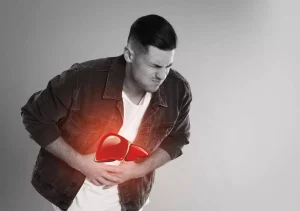
Fear, anxiety, anger, depression and guilt are all common reactions to trauma. PTSD anger blackouts deserve special attention due to their potential impact on relationships and daily functioning. During these episodes, individuals may experience intense anger or rage, accompanied by a loss of control and subsequent memory loss for the duration of the outburst. These blackouts can be particularly distressing for both the individual and those around them, often leading to feelings of guilt, shame, and confusion. Art therapy can help people with PTSD process traumatic events in a different way.
When to Contact a Medical Professional
CBT is therefore a ‘must try’ in symptomatic trauma survivors, for many of whom it may shorten symptom duration by months and years. Psychotherapy (sometimes called talk therapy) includes a variety of treatment techniques that mental health professionals use to help people identify and change troubling emotions, thoughts, and behaviors. Psychotherapy can provide support, education, and guidance to people with PTSD and their families.
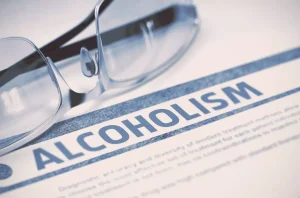
Reexperiencing/Hyperaroused and Dissociative States in Posttraumatic Stress Disorder
Building a strong support network is another essential aspect of coping with trauma-related issues. This may involve connecting with trusted friends and family members, joining support groups, or engaging with online communities of individuals with similar experiences. Having a safe ptsd blackouts space to share experiences and emotions can be invaluable in the healing process.
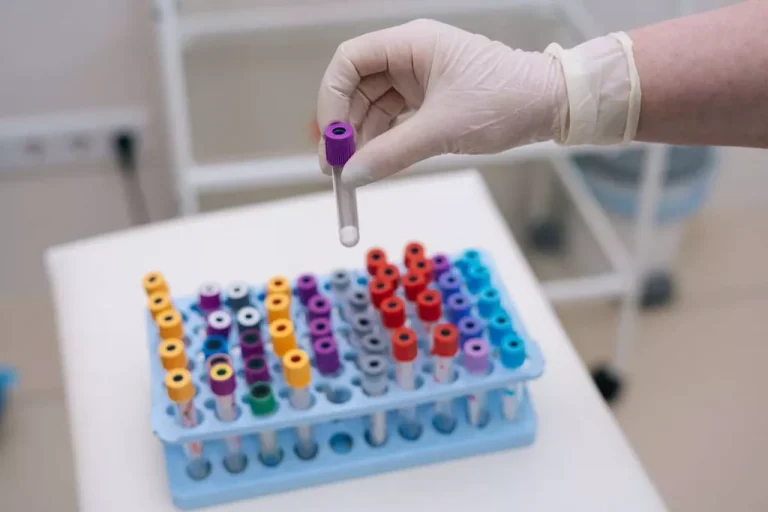
Emotional freedom technique (EFT)
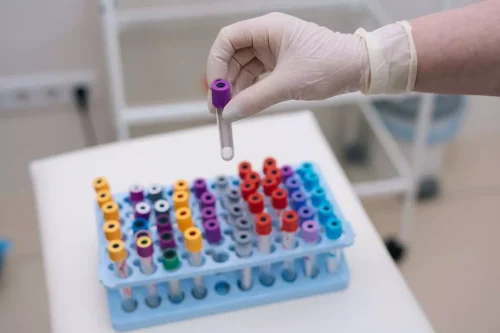
Dissociative amnesia isn’t directly curable, but there are many treatment approaches that might help. One of the first steps is to remove or stop anything that might be causing or contributing to the amnesia. An example of this would be taking military personnel out of situations — especially combat — that might trigger or worsen amnesia. Some people may need care in a medical facility or specialized hospital setting to get the most benefit from this approach.
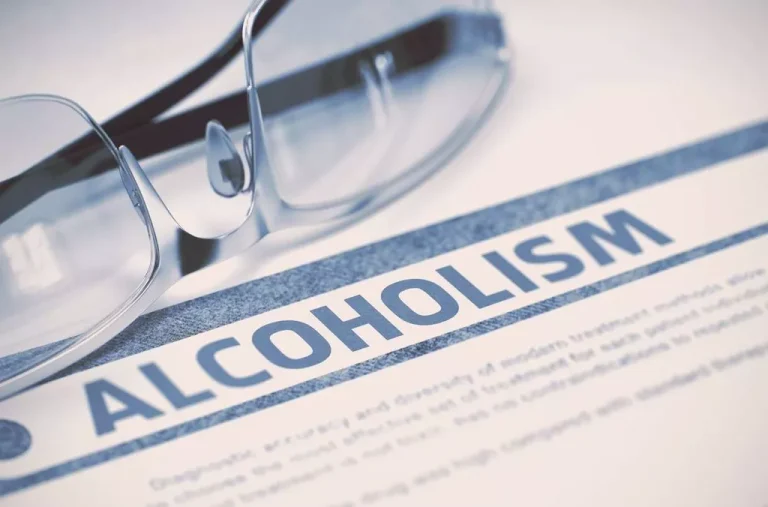
Proactive Measures to Prevent PTSD Blackouts
The clinical features comprising PTSD are event-related symptoms (intrusive recall of aspects of the event, avoidance of reminders, hyper-vigilance) along with dysphoria, hyperarousal, or anhedonia. PTSD is a prevalent consequence of both mundane traumatic events, such as road traffic accidents (7 to 26 %) 1 and protracted exposures to threat, such as wars (8 to 12.7 % among warzone-exposed US military personnel) 2. These different responses and subtypes can be viewed as extremes of dysregulation that involve overengagement and underengagement with Drug rehabilitation trauma-related emotional and somatosensory information.
Avoidance symptoms include:
- This may involve connecting with trusted friends and family members, joining support groups, or engaging with online communities of individuals with similar experiences.
- Those who practice “active coping,” in this way, may recover from PTSD more quickly.
- Cognitive behavioral therapy (CBT) may help provide relief to your PTSD-related anger or at least begin to help you learn coping mechanisms.
- Several high-profile cases involving repressed memory claims have brought this issue to public attention.
The National Center for PTSD describes the relationship between inflammation and PTSD as bidirectional causal, which means the two cause or contribute to each other. They also identify a link between PTSD and autoimmune disorders, which research shows are also inflammation-driven. NIMH videos and podcasts featuring science news, lecture series, meetings, seminars, and special events. Explore NIMH research training and career development opportunities.
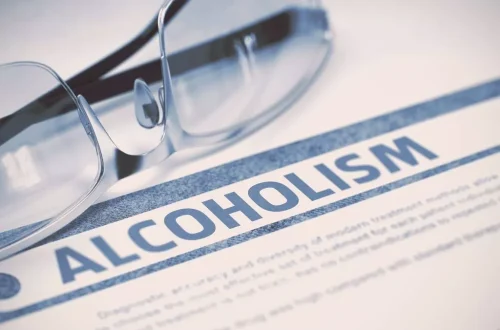
They point to studies demonstrating the ease with which false memories can be implanted through suggestion or leading questions, raising concerns about the reliability of recovered memories in therapeutic settings. Research suggests that PTSD reduces social support resources, but that having strong social support helps lessen the impact of the condition. Reaching out for help and building your support network are essential when dealing with trauma-related symptoms. Next time you experience an episode, revisit what you were feeling and thinking just before the flashback or dissociation occurred. The more early warning signs you can come up with, the better able you will be to prevent future episodes.
Therapeutic Approaches to Recovering Repressed Memories
- While blackouts represent one extreme of memory disruption, individuals with PTSD may also experience hypermnesia, or extremely vivid and intrusive memories of traumatic events.
- The goal of clinical trials is to determine if a new test or treatment works and is safe.
- Your sympathetic nervous system responds to trauma with a fight, flight, freeze, or fawn response.
- In addition, 23% of women use Veterans Affairs (VA) services because of PTSD due to military sexual trauma (MST) during their time of service.
- Or you may see a report on the news about a sexual assault and feel overcome by memories of your assault.
For a brief moment, you may become trapped in the past or separated from reality. You may feel like you are looking at yourself from above or a different person entirely. This all stems from your mind not having the tools to sort through emotions, thoughts and feelings in the moment. Clients are given help in becoming more aware of their own thoughts leading up to becoming angry. They are then asked to come up with more positive thoughts to replace their negative, angry thoughts. For example, they may learn to say to themselves, “Even if I don’t have control here, I won’t be threatened in this situation.”

![Daniël Klijn [LittleDean]](http://www.littledean.nl/wp-content/uploads/2018/10/cropped-Littledean-LONG-wit-1-1-1.png)